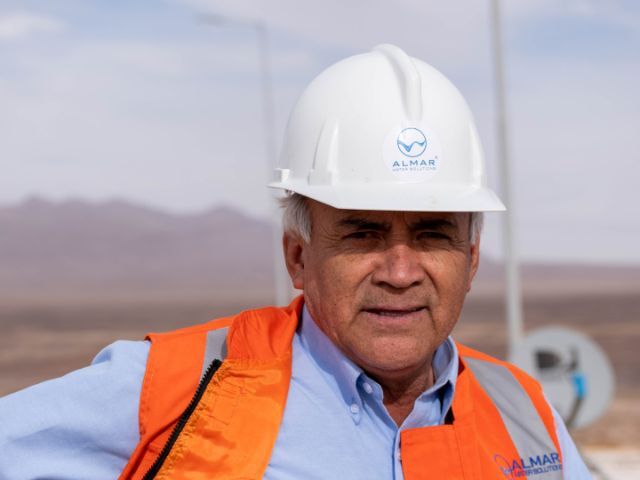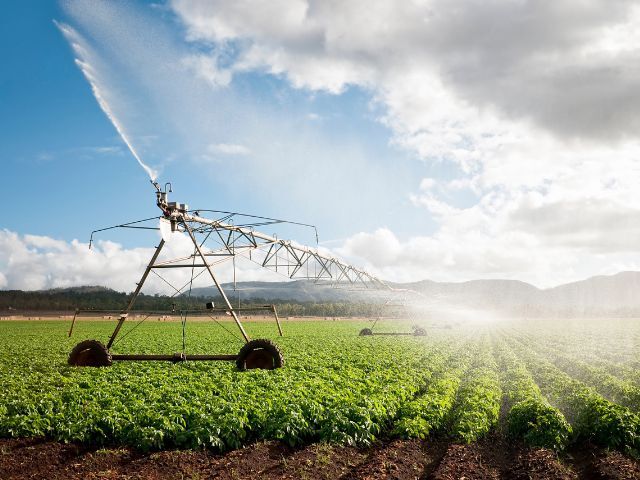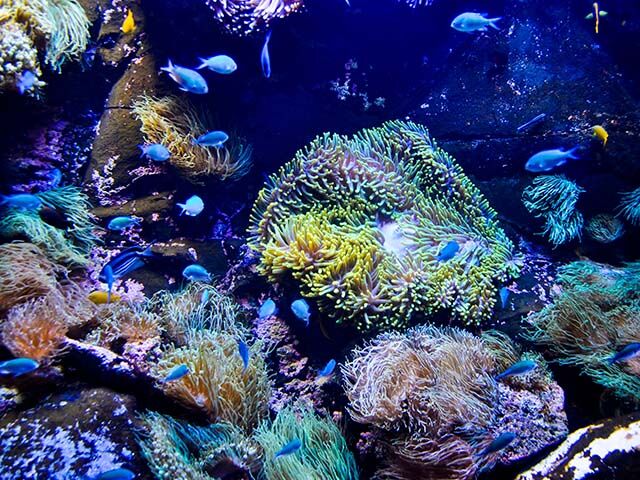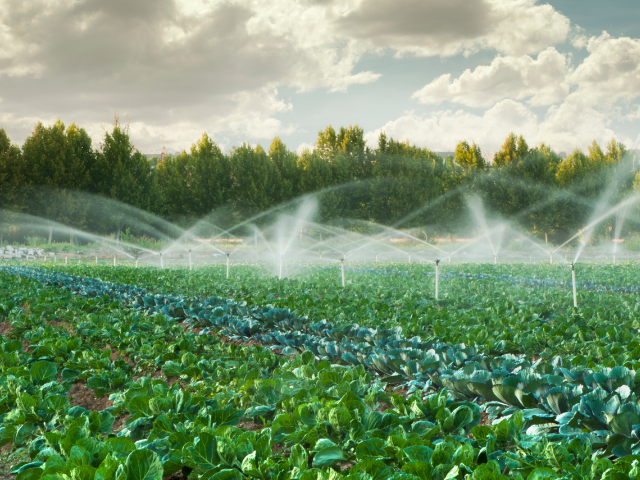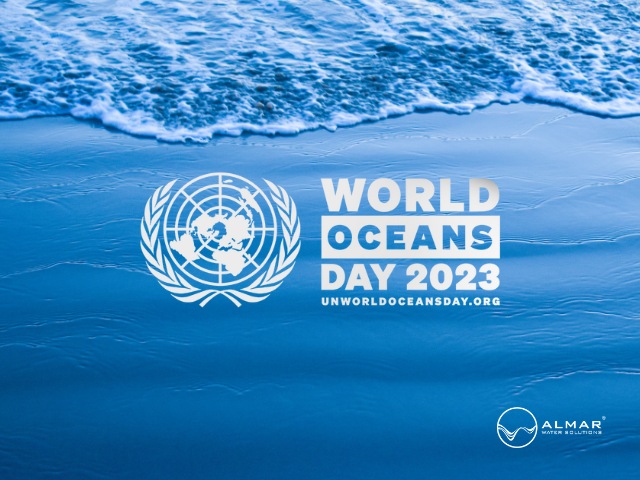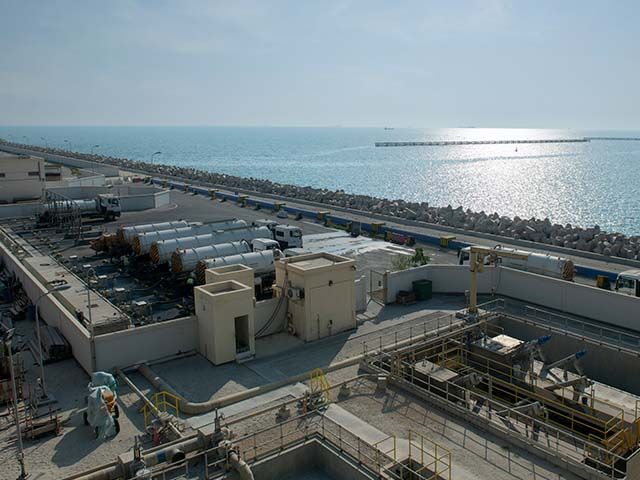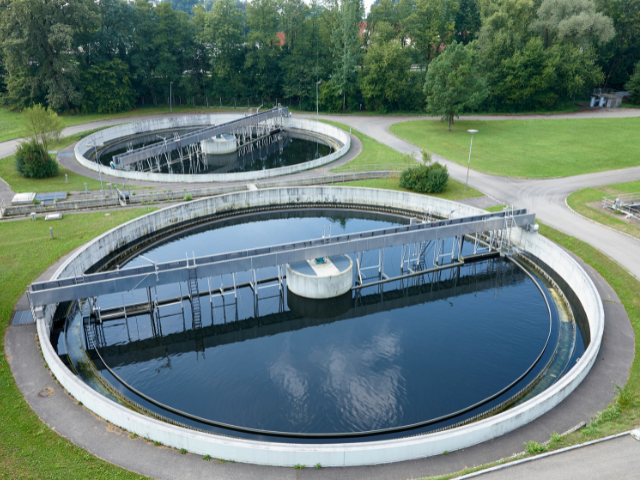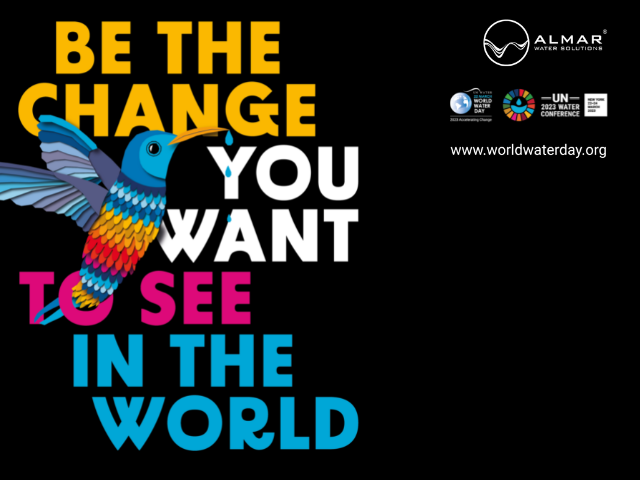Mining is a water-intensive industry. Its interactions with water resources are very complex and site-specific, with potential impacts on both hydrology and water quality occurring at all stages of a mine’s life cycle.
Water is vital for life on Earth. It covers most of the planet’s surface, forms more than 50% of our bodies, and is the basis of our food supply.
As in the water management process, water technologies are fundamental in the different parts of the green hydrogen production process. Hence, the water sector is critical.
At both the municipal and industrial levels, the present and future water infrastructures must rely on clean technologies to move forward with Sustainable Development Goals 6 and 14.
The entry into force on 26 June 2023 of Regulation 2020/741 is a tool to help protect biodiversity, achieve zero pollution, adapt to climate change, and ensure human and animal health protection.
We live on a blue planet. That is why, since 2008, we have been celebrating World Oceans Day every 8 June. Today, under the theme “Ocean planet: tides are changing,” it is essential to remember their important role in our lives.
The Muharraq project is a 100,000 m3/day state-of-the-art wastewater treatment plant with a sewer conveyance system in the Muharraq catchment area. The facility’s operation began in 2014, and Almar Water Solutions acquired 35% of this project in 2019.
While water infrastructures are not attacked as much as other utilities, they are vulnerable due to their importance in any region’s economic and social development. The biggest cyber threats in the water sector are software vulnerability, ransomware (information hijacking), and pishing (theft of user access data).
Today, on World Water Day, raising awareness of the need to accelerate change is essential. The relevance of achieving the SDG 6 will help advance others goals and promote the achievement of the other SDGs. A sustainable management of water resources will, in turn, help end poverty and hunger, guarantee a healthy life and well-being for all, reduce inequality, achieve sustainable cities and communities, protect natural ecosystems, and promote sustainable development in the world, among others. This means lagging behind in achieving SDG 6 seriously threatens the 2030 Agenda.



